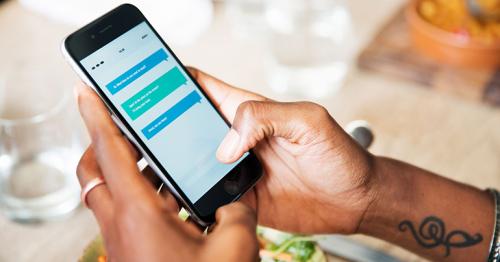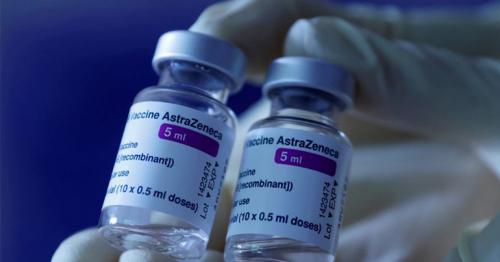High blood pressure: What is high blood pressure and what causes it? How to lower the risk

HIGH BLOOD pressure can be dangerous if left untreated, as it raises the risk of serious health problems like heart attacks and strokes. But what exactly is high blood pressure, what causes it and how can you lower your risk?
High blood pressure is when the pressure of the blood in the body is too high.
This puts extra strain on the blood vessels, heart and organs, which can then lead to serious health issues like heart attacks and strokes.
More than one in four adults in the UK have high blood pressure, according to the NHS.
However, many of them won’t realise they have it as the condition rarely causes noticeable symptoms.
or this reason, it’s vital to get blood pressure checked regularly, which can be done at the GP surgery or at home with a blood pressure monitor.
“All adults over 40 are advised to have their blood pressure checked at least every five years,” said the NHS.
“Getting this done is easy and could save your life.”
So what causes high blood pressure and how do you know if you’re at risk?
In most cases, it’s not exactly clear what causes high blood pressure, according to the NHS.
However, there are several things which can increase the risk of developing it.
These can include things that are out of our control, such as age, family history and ethnicity.
For example, the risk of developing high blood pressure increases with age, while having a family history of the condition can increase your risk.
People of African and Caribbean origin are also at a higher risk, according to the NHS.
Other risk factors include things that may be able to be controlled, such as lack of exercise, eating too much salt, being overweight, drinking too much alcohol and smoking.
In these instances, making healthy lifestyle changes can help keep blood pressure at a normal level.
Lifestyle changes can include eating a low-fat, high fibre diet with plenty of fruit and vegetables and little salt, while cutting down on alcohol and quitting smoking.
If overweight, losing just a few pounds can make a big difference to blood pressure, according to the NHS.
Being active and taking regular exercise also lowers blood pressure by keeping the heart and blood vessels in good condition.
In about one in 20 cases, high blood pressure occurs as the result of an underlying condition, medication or drug.
Underlying conditions that can cause high blood pressure include kidney disease, diabetes, long-term kidney infections, hormone problems such as an overactive or underachieve thyroid, and lupus.
Medicines and drugs that can increase blood pressure include the combined oral contraceptive pill, steroid medication, non-steroidal anti-inflammatory drugs like ibuprofen, some over-the-counter cough and cold remedies, some antidepressants and some recreational drugs.






Comments